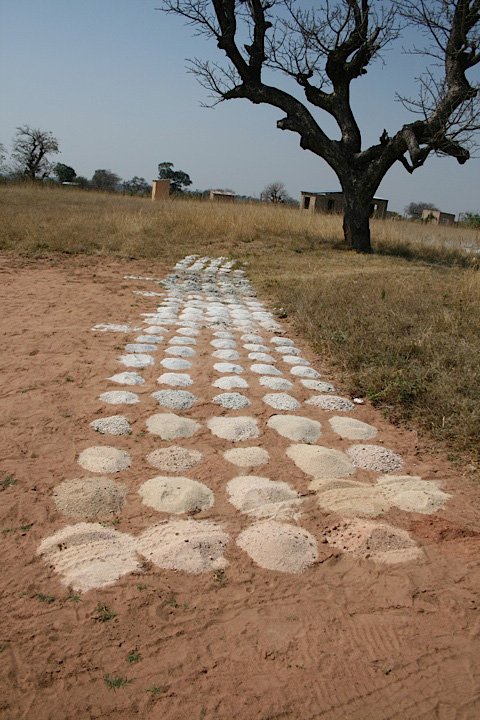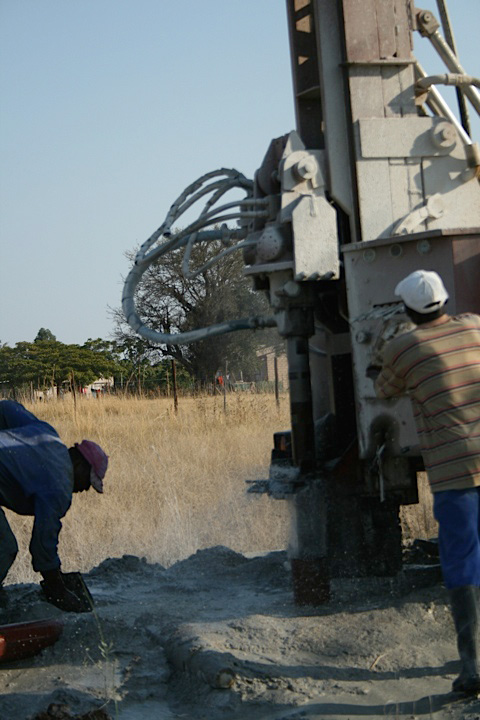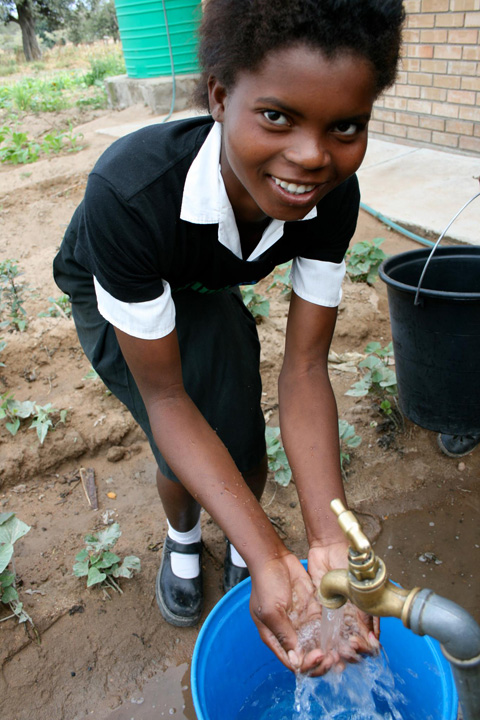A Spring of Hope identifies schools in need through school visits and letters of need sent by schools looking for WASH assistance. Our team reviews the schools need and assesses the adversity students face and how the school could benefit from a well. Most often, at primary schools, many students suffer from malnutrition and a significant percentage of students are orphans. Schools also typically struggle financially with small budgets that rarely even cover costs for water delivery.
have Unreliable water supply
Once a school has been located our South African Permaculture Educator/Project Manager visits the school and performs a preliminary survey of the school grounds. He reviews enrollment rates, current water, sanitation, and garden situation and if the school has the capacity to introduce new programs such as a permaculture garden program and a Girls’ Club.
Drilling begins when A Spring of Hope acquires the appropriate funds from either a sponsor or donations and/or fundraising through clubs at schools and our Drop In The Bucket program. A Spring of Hope hires a drilling company that hires and trains locally. Drilling is a highly delicate process during which a driller uses machinery to reach 100 meters or more below the ground. A powerful flow of water is needed for our wells since the water we draw is usually used to operate toilets, garden irrigation systems, and hand washing basins. Once a strong enough stream is located, we plan for the installation of the pump, protective cage, and appropriate pricing.



Our team visits each of our schools to educate faculty and students about the proper use of water, sanitation, and agriculture. We believe that education must be coupled with the new source of water. Schools then typically begin a new or expand on an old school garden with the assistance and instruction of our Permaculture Educator. Some schools provide orphans and underprivileged families with some fruits and vegetables. In most schools, the surplus food is sold to fund necessary school supplies. In time, gardens provide nutrition for learners and a stable income to the schools. We maintain relationships with our schools and provide repairs of wells if needed. Our team visits schools annually to check up on the school’s progress. However, our long-term goal focuses on helping schools become independent of aid. In the future, we hope to provide comprehensive entrepreneurial advising for schools to help them generate the funds needed to assert ownership over their well, gardens, and sanitation facilities.